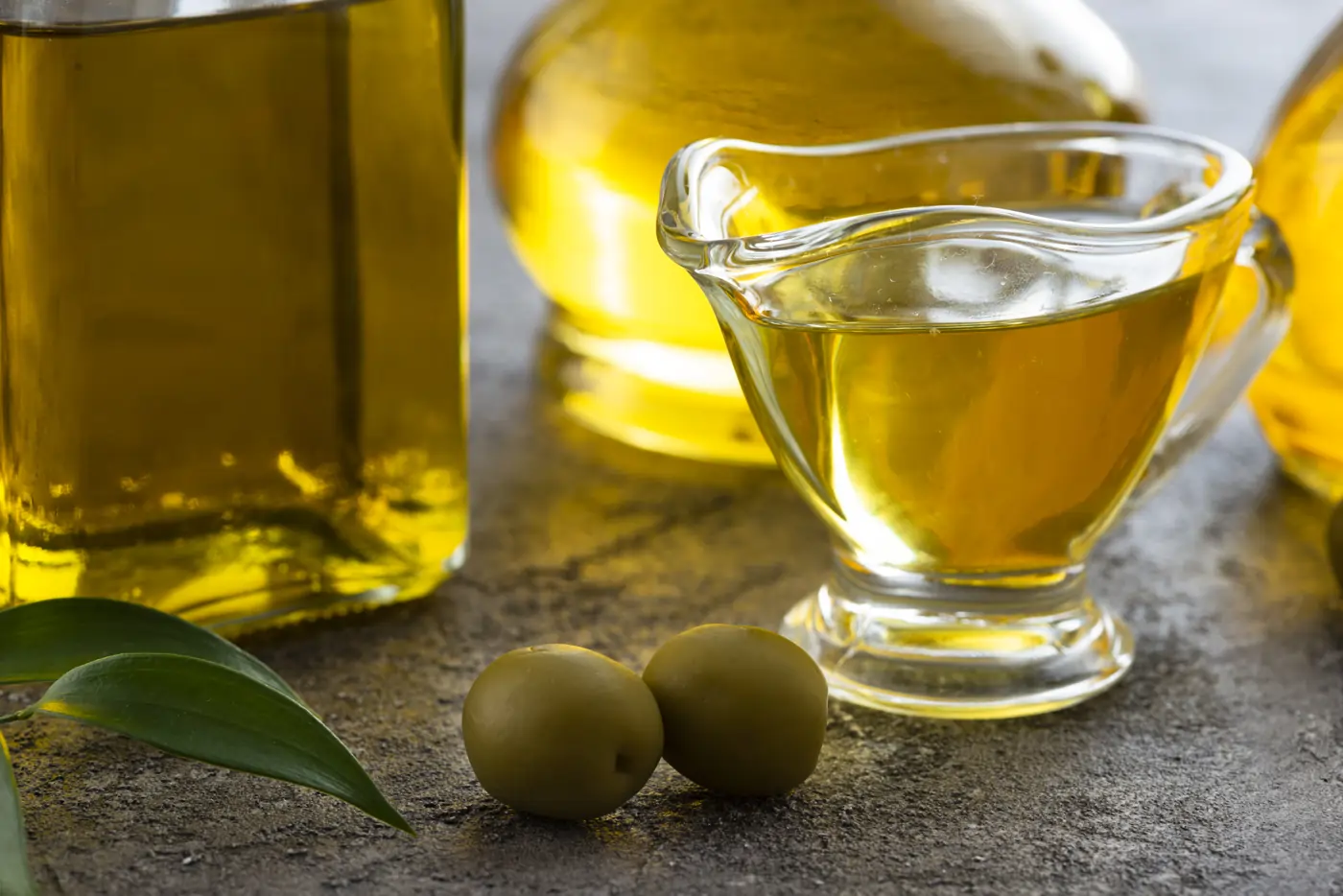Choosing the right cooking oils is vital for both your health and the flavor of your meals. With the growing awareness of unhealthy fats, it’s essential to know what are the healthiest oils to cook with.
In this article, we’ll focus on some of the healthiest oils, including coconut oil and trans fat-free shortening, both available in FoodGrid’s product range. These oils offer great health benefits while being versatile in the kitchen.
Why healthy oils matter
Oils are a crucial source of essential fats that your body needs for energy, hormone production, cell function, and vitamin absorption. However, not all oils are equally beneficial. Some oils are rich in unhealthy fats that can raise cholesterol and increase the risk of heart disease, while others contain healthy fats that support overall well-being. Choosing oils that are high in beneficial fats not only enhances the flavor of your meals but also boosts your health.
Coconut oil: A nutrient-rich powerhouse
Coconut oil is one of the healthiest oils available and offers a wide range of benefits for cooking:
- It is packed with medium-chain triglycerides (MCTs), a type of fat that is quickly converted into energy. MCTs are not stored as fat in the body, which makes coconut oil a great choice for boosting energy and supporting metabolism.
- Although coconut oil is high in saturated fats, it contains specific types like lauric acid and MCTs that have been shown to increase HDL (good) cholesterol while lowering LDL (bad) cholesterol. This may help reduce the risk of heart disease.
- Coconut oil has a relatively high smoke point (around 350°F/175°C), making it ideal for sautéing, stir-frying, and baking. It can also add a subtle tropical flavor, enhancing both savory and sweet dishes.
- The lauric acid in coconut oil has anti-inflammatory effects, helping to reduce inflammation in the body. This can lower the risk of chronic conditions such as arthritis and heart disease.
Our coconut oil is perfect for everything from cooking vegetables to baking healthier desserts. It not only adds rich flavor but also beneficial nutrients to your meals.
Trans fat-free shortening: A healthier alternative to lard
Another excellent choice from FoodGrid’s product range is trans fat-free shortening. Traditionally, shortening has been associated with harmful trans fats, but FoodGrid’s version is free from these fats, making it a healthier alternative for cooking and baking. Its benefits include:
- Free from trans fats: Trans fats are artificial fats that increase the shelf life of products but are linked to higher risks of heart disease and obesity. FoodGrid’s trans fat-free shortening provides a healthier option, eliminating these harmful fats from your diet.
- Ideal for baking: Shortening plays an important role in baking, helping create a light, flaky texture in pastries and baked goods. FoodGrid’s trans fat-free shortening delivers the same great results without the health risks associated with traditional shortening. It’s perfect for making pies, cookies, and pastries.
- Great for frying: Shortening is also excellent for frying, with a high smoke point that makes it suitable for deep frying and pan-frying. It doesn’t absorb the flavors of food as much as other oils, which helps retain the true taste of your dishes.
For more information on shortening, check out our previous article on shortening vs. lard for a deeper dive into the benefits of using trans fat-free shortening.
Other healthy oils to consider
While coconut oil and trans fat-free shortening are great options, there are several other oils that are excellent for cooking and baking. Here are some of the healthiest alternatives:
- Extra virgin olive oil is a cornerstone of Mediterranean diets and is packed with heart-healthy monounsaturated fats and antioxidants. It’s great for low to medium-heat cooking and is also perfect for salads and roasted vegetables.
- Avocado oil is rich in monounsaturated fats, which are beneficial for heart health. It has a high smoke point (around 520°F/270°C), making it ideal for high-heat cooking methods such as frying and grilling. It’s also packed with vitamins E and K.
- Flaxseed oil is an excellent source of omega-3 fatty acids, which promote heart health and reduce inflammation. However, it has a low smoke point, so it’s best used in cold dishes like salads or smoothies.
- Walnut oil is another heart-healthy oil, high in omega-3 fatty acids. It works best as a finishing oil or in dressings due to its low smoke point.
Selecting the right cooking oils is essential for maintaining a healthy diet. Coconut oil and trans fat-free shortening are excellent options that offer health benefits and versatility. Both oils provide essential nutrients and support heart health, making them perfect for a variety of cooking methods.
Whether you’re sautéing, frying, or baking, choosing the healthiest oils ensures that your meals are both flavorful and good for your health. By opting for oils rich in healthy fats, you can enjoy delicious meals while also benefiting your body.
